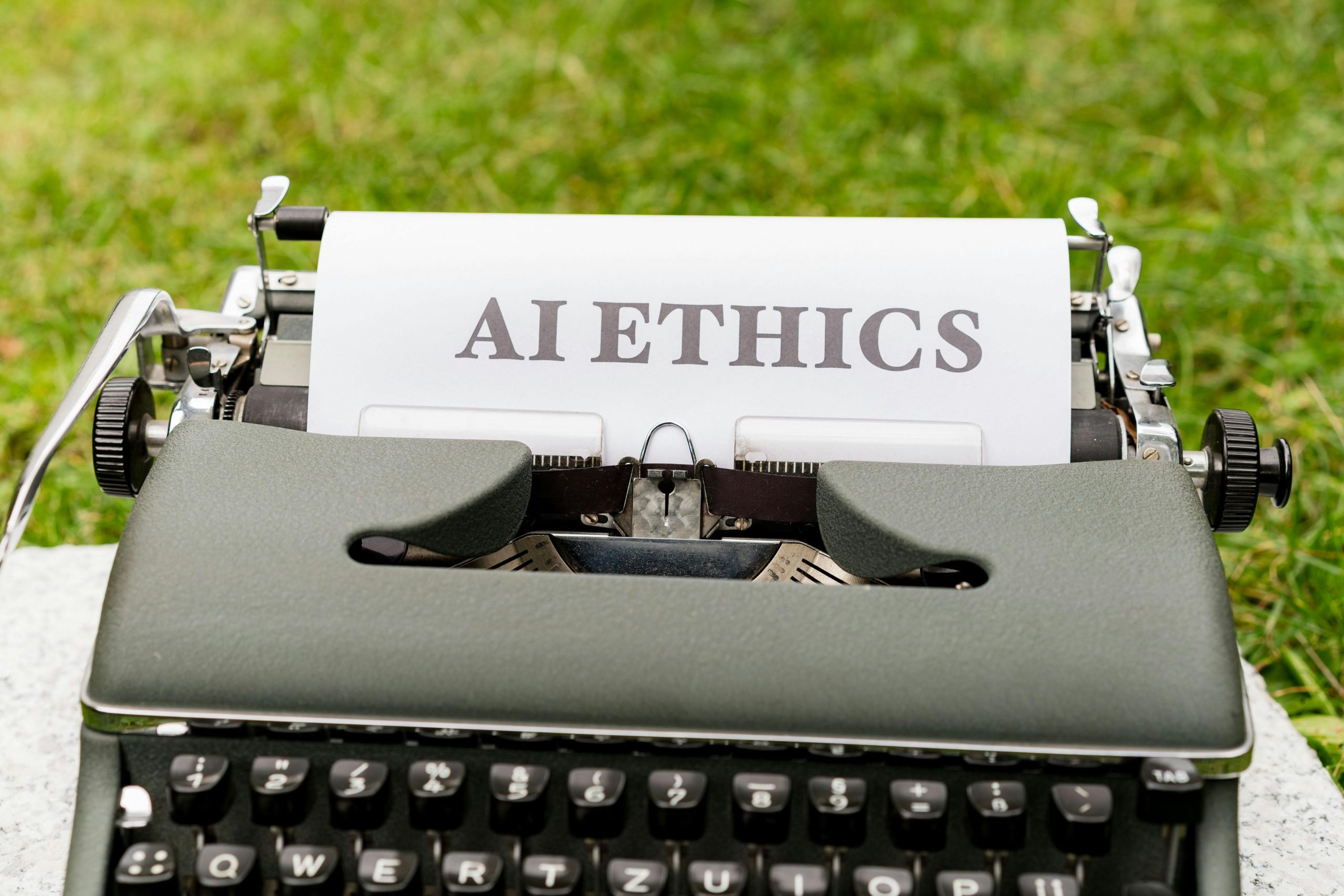387. Rethinking Job Security: How AI Reveals That Many Roles Were Simply Intermediaries
The Role of AI: Revealing the Truth About Job Functions in the Modern Workplace
In today’s conversation about artificial intelligence, a common refrain is the fear of job loss. However, rather than viewing AI as a thief of employment opportunities, it might be more enlightening to consider it as a spotlight illuminating the nature of many existing roles.
The wave of automation and AI is prompting a necessary examination of jobs that, under scrutiny, reveal themselves as essential cogs in a much larger machine. Many positions, once deemed indispensable, primarily served as intermediaries—handling paperwork, managing emails, and facilitating communication between key decision-makers.
This raises an important question: Is our collective anxiety about losing jobs truly grounded in the fear of AI, or are we confronting a deeper, more unsettling reality? Perhaps what we are truly apprehensive about is not the technology itself, but the burgeoning recognition that many roles may not be as critical as we once believed.
As we forge ahead in this evolving landscape, it’s crucial to shift our focus from fear to opportunity. AI presents us with a chance to reimagine the workforce, shedding excess layers and enabling professionals to engage in more meaningful and impactful work. Instead of fearing the displacement AI may cause, we should embrace the potential for innovation and the creation of roles that drive value and creativity.
In navigating this new terrain, adaptation and skill diversification will be vital. By recognizing the potential of AI to streamline operations, we can transform our workplaces into environments where humans and machines collaborate effectively, enhancing productivity and fostering a more innovative workforce.
Ultimately, the conversation surrounding AI is not solely about job displacement; it’s about re-evaluating what work means in our society and understanding how we can leverage technology to create better, more fulfilling careers.














Post Comment